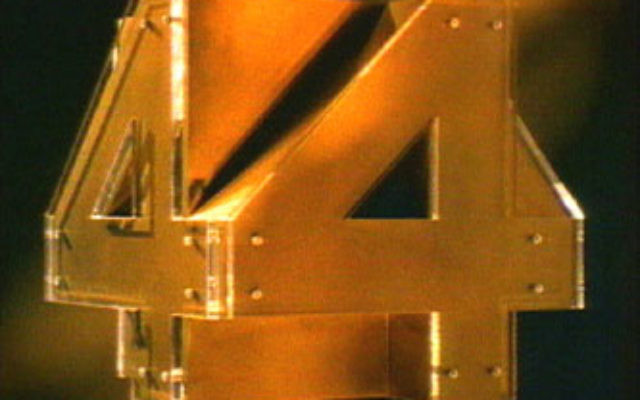Fresh doubt cast over Four Corners
The Israel Police has taken issue with what it considers “false allegations” in the controversial February 10 ABC program on Palestinian minors.
The Four Corners episode featured a Palestinian stone thrower, Qsai Zamara, claiming that an interrogator wanted to shock him with a machine that issues electric shocks and that he “had a whip with a hose which he hit me with.”
Micky Rosenfeld, spokesman for Israel Police, which carries out many of the interrogations of minors, discussed the claims from the program with The AJN this week. He said: “There is no truth behind what was claimed.”
The Israeli military has also responded to requests for clarification regarding the program. ABC interviewee Islam Dar Ayyoub said that he was told to sign a paper supposedly for his release, which turned out to be a confession. The IDF confirmed on Tuesday that in response to queries by The AJN, it has located an audio recording of his interrogation in which he confessed. It also located audio of confessions from the two other interviewees.
Rosenfeld said that just as the claims of threats of electric shock and whipping are untrue, so is another claim by Zamara – namely that his interrogator threatened violence against his parents.
“Interrogations are carried out according to a standard procedure, and in accordance with the legal advisors of the police and the army,” said Rosenfeld, denying that threats of violence would ever be made against detainees or their relatives.
Yigal Palmor, the spokesman for Israel’s Foreign Ministry who was interviewed for the program, said that because it omits essential background “the whole picture is slanted.”
He said: “You can’t ignore the background in which minors throw stones, maiming and injuring people, and also incidents like the [2011] killings in Itamar, in which Palestinian minors slaughtered children.”
Talking to The AJN on Tuesday, Palmor was highly critical of the credence given by ABC to the on-camera comments by Palestinian minors.
“In a situation of conflict you would expect a grain of salt to be applied when minors who are given a chance to be heroes on foreign television speak,” he said.
Some Israeli experts on Palestinian society have made similar points, saying that a widespread culture of exaggeration suggests that the claims of the children in the ABC program should be treated with caution.
Jibril Rajoub, a senior official in the Palestinian Fatah party, which dominates the Palestinian Authority, claimed on February 12 that the recent arrest of two Palestinians for violence was worse than the detention of Jews by the Nazis. He said that he “doubts if Hitler would have done to his victims” what Israeli forces did to the Palestinians they detained.
Itamar Marcus, director of the Palestinian Media Watch group, which publicised Rajoub’s speech, believes that in a society where senior officials are prone to such exaggeration, it expected that youngsters would do the same.
“If a child has a demonised image of Israelis and is arrested, he is certainty not going to say ‘they treated me nicely’,” Marcus commented to The AJN.
“The whole cultural environment is really one of projecting evil onto Israelis in any circumstances. It is what people hear in school, on television and in magazines.”
He said that among Palestinian children the line between reality regarding Israelis and fantasy based on messages of demonisation can become blurred.
He also said that making harsh allegations against Israel can bring prestige, both from peers and elders. Marcus referred to children’s television broadcasts on official Palestinian channels which show children making claims against Israel and then being praised. “They get cheered for saying these things on Palestinian television, so why not on Australian television as well?”
NATHAN JEFFAY


comments